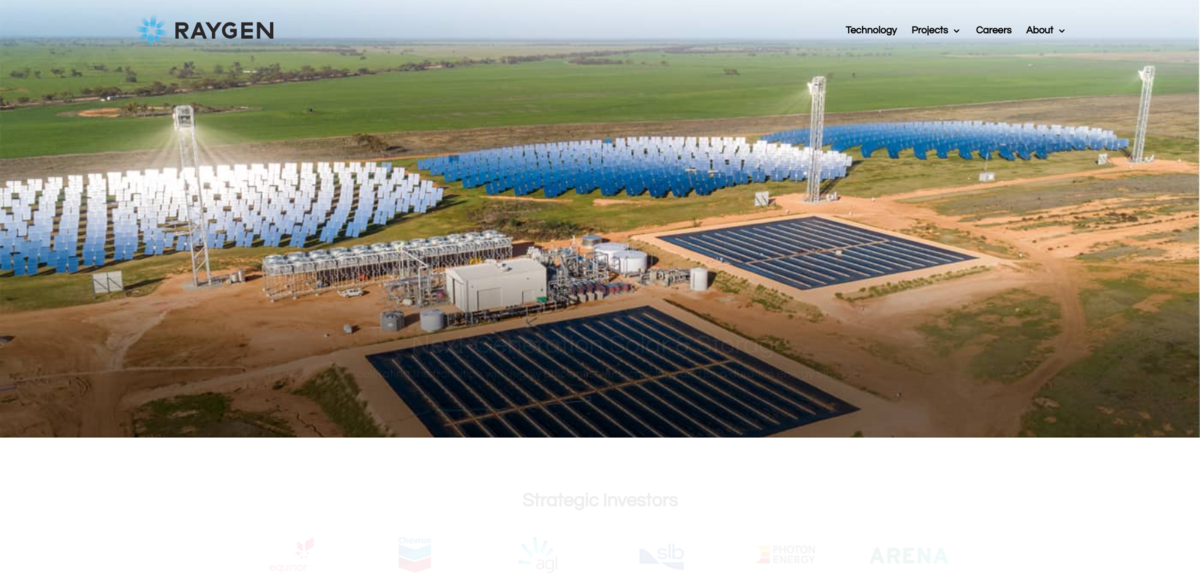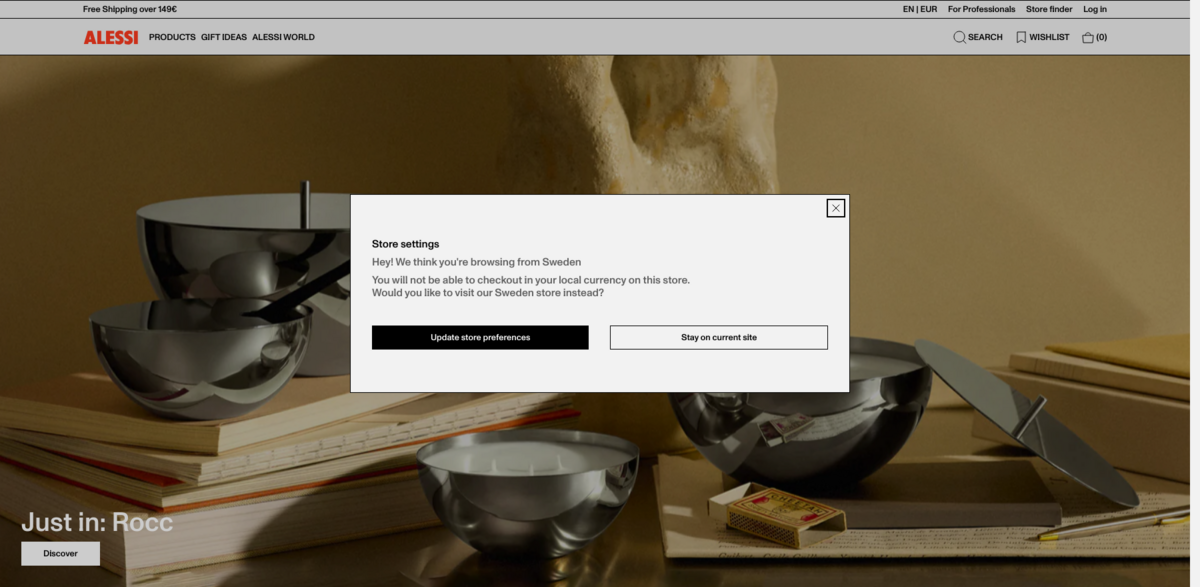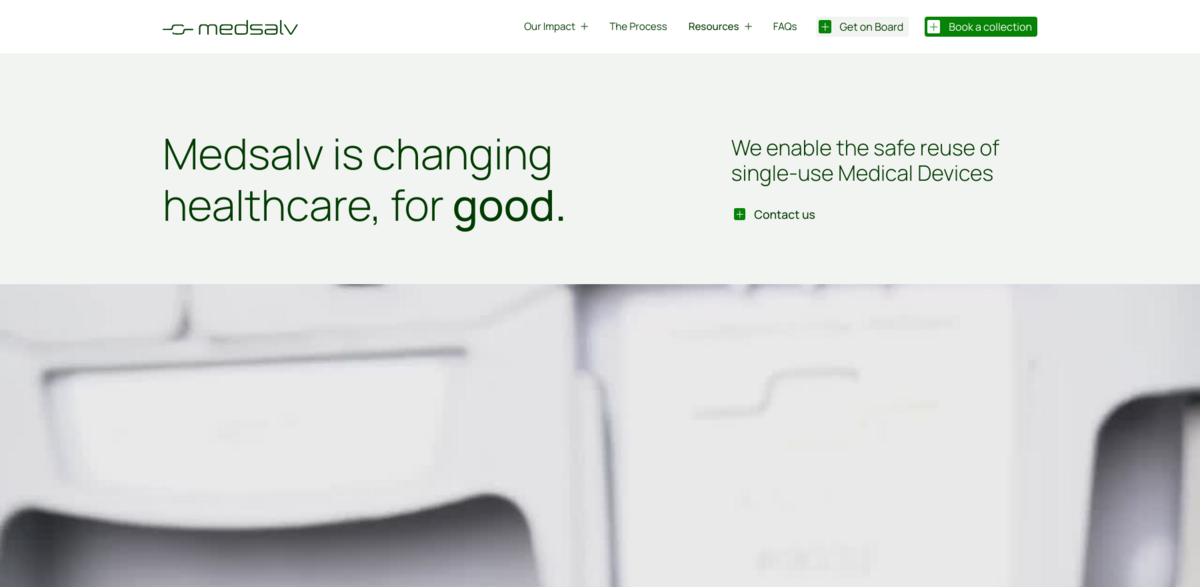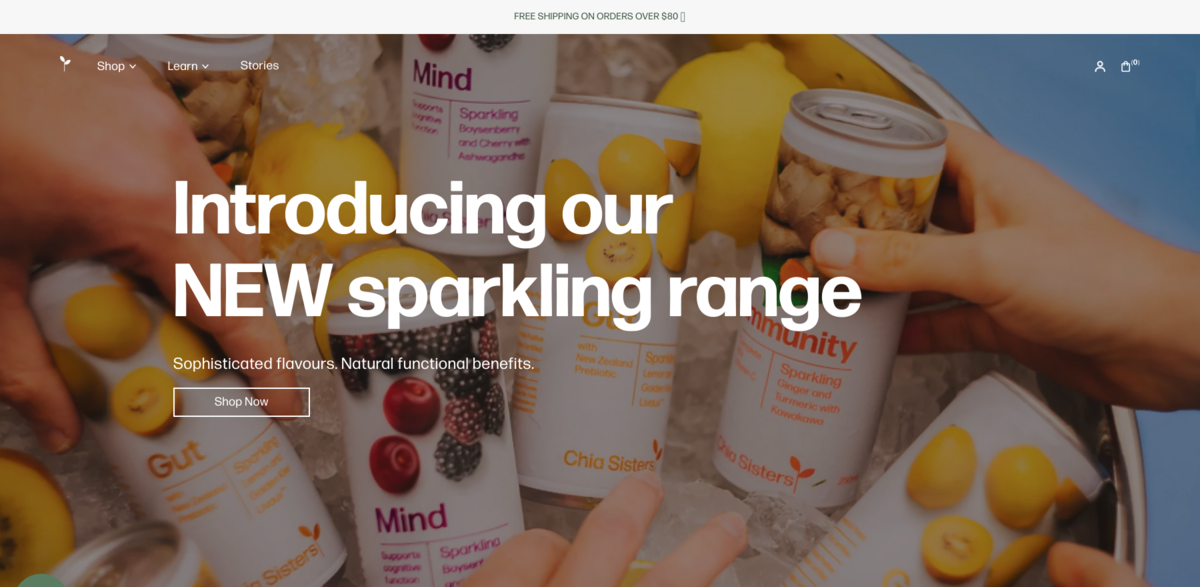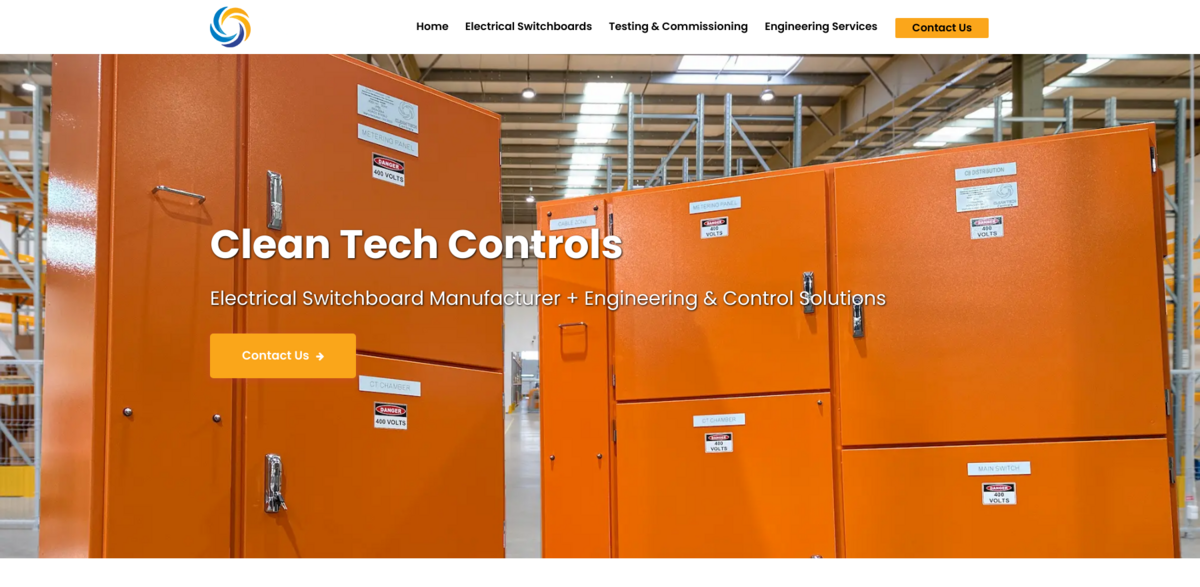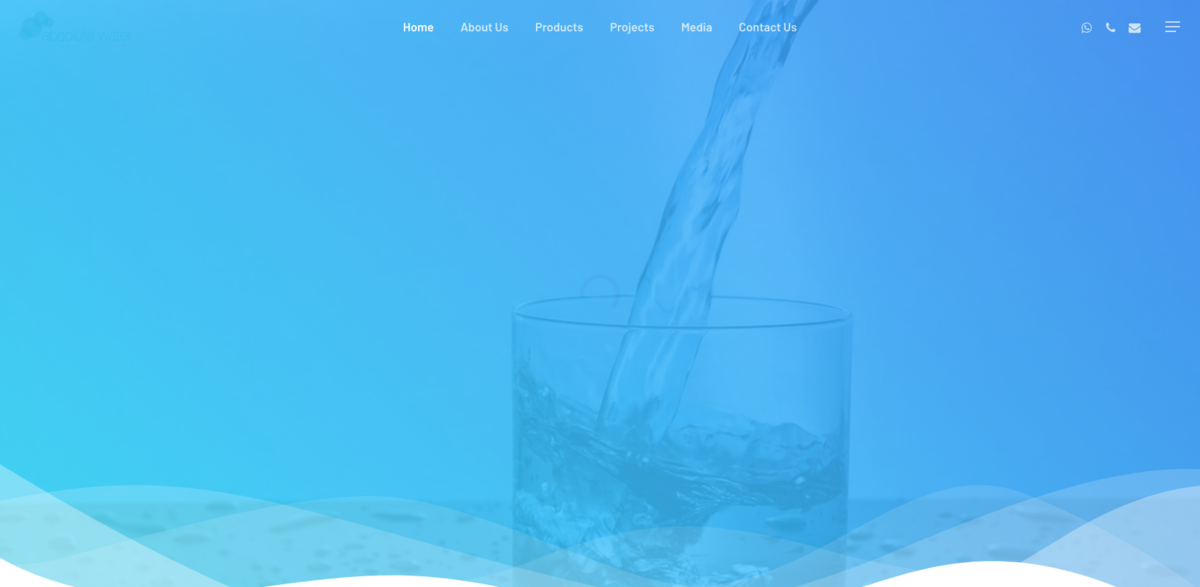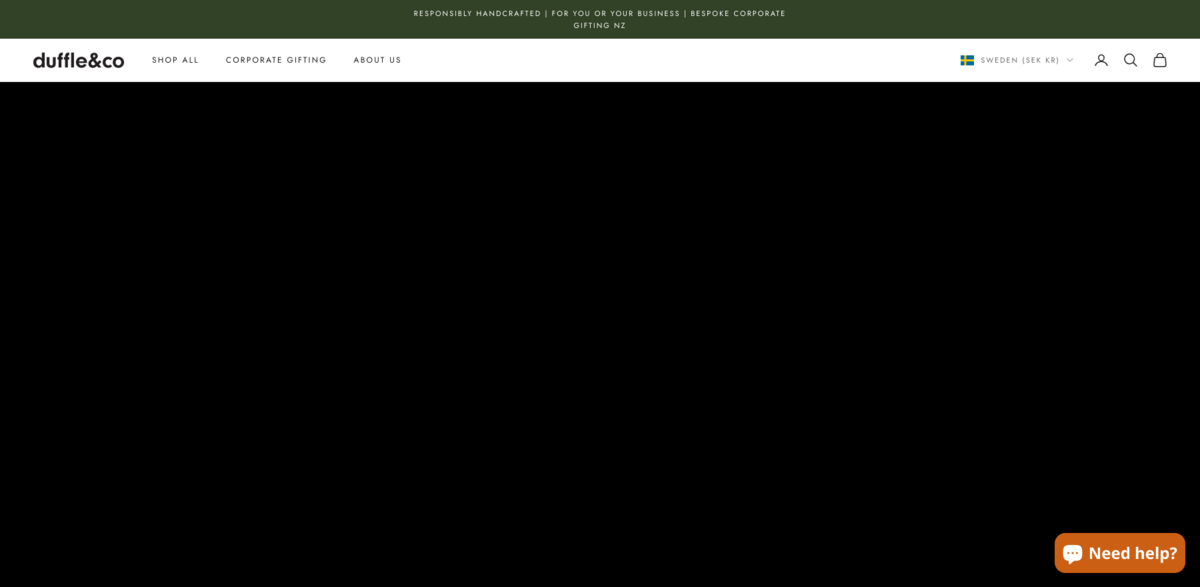SDG 3: Good Health and Well-being
Sustainable Development Goal 3 (SDG 3), part of the United Nations’ Agenda 2030, aims to ensure healthy lives and promote well-being for all at all ages. While life expectancy has improved globally, millions still lack access to healthcare, clean water, and essential medicines, leading to preventable deaths.
Why is SDG 3 important? Health is a fundamental human right and the foundation of economic and social development. Without access to quality healthcare, education, and clean environments, people struggle to escape poverty (SDG 1) and contribute to their communities.
To achieve universal health coverage, SDG 3 focuses on:
✅ Reducing maternal and child mortality
✅ Ending epidemics (HIV/AIDS, tuberculosis, malaria, etc.)
✅ Ensuring universal healthcare access
✅ Improving mental health and well-being
✅ Reducing deaths from air pollution, road accidents, and substance abuse
Governments, businesses, and individuals must work together to strengthen healthcare systems, invest in disease prevention, and ensure equitable access to medical care. Innovations in telemedicine, AI-driven diagnostics, and vaccine development are transforming global health.

Innovative Solutions for SDG 3: Companies & Initiatives Improving Global Health
Achieving SDG 3: Good Health and Well-being requires innovation, investment, and partnerships. Across the globe, health tech companies, NGOs, and social enterprises are leading efforts to improve access to medical care, life-saving vaccines, and mental health support.
From AI-powered diagnostics and affordable telemedicine to clean water initiatives and maternal health programs, these projects demonstrate how technology, policy, and community action can improve lives.
Below, we highlight some of the most impactful companies and initiatives working towards SDG 3 and ensuring healthcare access for all.
👉 Explore the list and be part of the change! 🌍💙
10 projects in Australia contributing to SDG 3
-
RayGen: Innovative Solar and Storage Solutions for Clean Energy
RayGen is at the forefront of solar energy innovation, offering advanced solar and storage solutions that deliver reliable, dispatchable renewable energy. Their technology combines high-efficiency solar generation with long-duration energy storage, making it a game-changer for sustainable energy applications. With projects like the Carwarp power plant and a commitment to sustainability, RayGen is paving the…
-
Alessi: Elegant Italian Design for Everyday Living
Alessi is a celebrated Italian design brand known for its stylish and sustainable houseware. With a diverse range of products, it combines functionality and aesthetics, making everyday living more elegant. From kitchen accessories to home decor, Alessi’s commitment to quality and social responsibility sets it apart in the design world.
-
Stewart Group: Trusted Financial Advisors in New Zealand
Stewart Group is a family-owned financial advisory firm in New Zealand, dedicated to providing personalized, fee-only financial advice. With over 38 years of experience, they focus on client-centered solutions tailored to individual goals. Their expertise spans wealth management, retirement planning, and ethical investments, ensuring clients receive unbiased guidance. Stewart Group’s commitment to sustainability and community…
-
Medsalv: Enabling Sustainable Reuse of Medical Devices
Medsalv is changing healthcare by enabling the safe reuse of single-use medical devices. Their innovative approach not only reduces waste but also saves hospitals money while supporting local economies. With facilities in New Zealand and Australia, Medsalv is making a significant impact on sustainability in healthcare. By promoting a circular economy, they are helping to…
-
Chia Sisters: Refreshing Superfood Drinks for Health and Vitality
Chia Sisters is a New Zealand-based beverage project that creates refreshing superfood drinks designed to enhance health and vitality. Founded by sisters Chloe and Florence, their drinks are made with activated chia seeds and are free from caffeine and preservatives. With a commitment to sustainability, they operate a solar-powered juicery and prioritize ethical practices.
-
Hongji: Leading Manufacturer of Quality Ceiling Fans
Hongji is a leading manufacturer of ceiling fans, established in 1994. With a commitment to quality and innovation, they produce over 1.5 million ceiling fans annually, serving markets worldwide. Their extensive certifications and patents highlight their dedication to excellence and sustainability.
-
Clean Tech Controls: Custom Electrical Switchboards for Modern Energy Solutions
Clean Tech Controls specializes in manufacturing high-quality electrical switchboards that cater to various energy demands, including renewable energy integration and microgrid applications. Their innovative solutions ensure reliable power supply and support sustainable development goals.
-
Absolute Water: Transforming Wastewater into Potable Water Solutions
Absolute Water Private Limited is at the forefront of wastewater management, utilizing innovative green technology to convert sewage into potable water. Their systems are eco-friendly, chemical-free, and designed to support sustainable practices. With a focus on community impact, they are making strides in improving sanitation and environmental health.
-
CropX: A Comprehensive Digital Farm Management System for Precision Agriculture
CropX is a leading digital farm management system that integrates data from soil to sky, providing farmers with actionable insights to enhance productivity and sustainability. By utilizing advanced technology, CropX helps optimize resource use, reduce waste, and improve crop yields, making it an essential tool for modern agriculture.
-
Duffle&Co: Ethically Made Bags and Accessories from New Zealand
Duffle&Co is a New Zealand-based family-run business specializing in ethically made bags and accessories. Committed to sustainability, they support artisans and use innovative materials. Their products range from duffles to bespoke corporate gifts, all crafted with care and purpose.
Find SDG 3 Projects in your country! Where are you located?
Agriculture & Food Argentina Arts & Culture Australia Austria Belgium Brazil Canada Communities Conservation & Biodiversity Construction & Infrastructure Education Energy Fashion Finance France Governance & Policy Health & Well-being housing Mobility & Transport Netherlands Packaging SDG 1 SDG 2 SDG 3 SDG 4 SDG 5 SDG 7 SDG 8 SDG 9 SDG 10 SDG 11 Services & Consultancy Solar energy Spain Switzerland Technology Tourism United Kingdom United States Waste & Recycling water Water management Wind energy zero waste
Frequently Asked Questions about SDG 3 (Agenda 2030) :
1. What is SDG 3?
SDG 3: Good Health and Well-being is the third goal of the United Nations’ Sustainable Development Goals (SDGs) under Agenda 2030. It aims to ensure healthy lives and promote well-being for all, reducing preventable diseases and increasing access to medical care.
2. Why is SDG 3 important?
Health is crucial for economic growth, social stability, and overall quality of life. Without access to healthcare, clean water, and proper nutrition, millions face early death, disability, and financial hardship. SDG 3 helps build stronger societies and economies.
3. What are the key targets of SDG 3?
Some major targets include:
- 3.1: Reduce maternal mortality.
- 3.2: End preventable child deaths.
- 3.3: End epidemics of major infectious diseases (HIV/AIDS, tuberculosis, malaria).
- 3.4: Reduce deaths from non-communicable diseases (heart disease, diabetes, cancer).
- 3.5: Strengthen mental health and substance abuse treatment.
- 3.6: Reduce global road traffic deaths and injuries.
- 3.8: Achieve universal health coverage.
4. How does SDG 3 relate to Agenda 2030?
SDG 3 connects with other goals like poverty reduction (SDG 1), clean water (SDG 6), and climate action (SDG 13). A healthy population is key to sustainable development, economic stability, and resilience to global crises.
5. What are the biggest challenges to achieving SDG 3?
Key challenges include:
- Limited access to healthcare in low-income areas
- High costs of medical treatments and medications
- Rising mental health disorders and lack of support
- Global health crises, including pandemics
- Environmental factors like pollution and climate change
6. How can governments help achieve SDG 3?
Governments play a key role by:
- Expanding universal healthcare coverage.
- Funding vaccination programs and disease prevention.
- Investing in clean water and sanitation infrastructure.
- Strengthening mental health services and awareness campaigns.
7. What role do businesses play in SDG 3?
Businesses can:
- Develop affordable medicines and vaccines.
- Invest in employee well-being programs.
- Promote mental health awareness in the workplace.
- Support telemedicine and AI-driven healthcare solutions.
8. How can individuals contribute to SDG 3?
Individuals can:
- Adopt healthy lifestyles (nutrition, exercise, mental well-being).
- Advocate for better healthcare policies.
- Support NGOs and health-related charities.
- Educate themselves on public health issues and share awareness.
9. How is progress on SDG 3 measured?
The UN tracks SDG 3 using indicators like:
- Child mortality rates and maternal health improvements.
- Infectious disease control and vaccination coverage.
- Healthcare access and affordability.
- Mental health support availability.
10. Will the world achieve SDG 3 by 2030?
While there has been progress, challenges like pandemics, healthcare inequality, and climate-related health risks threaten SDG 3’s success. More investment in universal healthcare, disease prevention, and mental health services is crucial to achieving Agenda 2030.
Discover other Sustainable Development Goals (SDG) Initiatives :
- SDG 1: No Poverty – End poverty in all its forms everywhere.
- SDG 2: Zero Hunger – End hunger, achieve food security, improve nutrition, and promote sustainable agriculture.
- SDG 3: Good Health and Well-being – Ensure healthy lives and promote well-being for all at all ages.
- SDG 4: Quality Education – Ensure inclusive and equitable quality education and promote lifelong learning opportunities for all.
- SDG 5: Gender Equality – Achieve gender equality and empower all women and girls.
- SDG 6: Clean Water and Sanitation – Ensure availability and sustainable management of water and sanitation for all.
- SDG 7: Affordable and Clean Energy – Ensure access to affordable, reliable, sustainable, and modern energy for all.
- SDG 8: Decent Work and Economic Growth – Promote sustained, inclusive, and sustainable economic growth, full and productive employment, and decent work for all.
- SDG 9: Industry, Innovation, and Infrastructure – Build resilient infrastructure, promote inclusive and sustainable industrialization, and foster innovation.
- SDG 10: Reduced Inequalities – Reduce inequality within and among countries.
- SDG 11: Sustainable Cities and Communities – Make cities and human settlements inclusive, safe, resilient, and sustainable.
- SDG 12: Responsible Consumption and Production – Ensure sustainable consumption and production patterns.
- SDG 13: Climate Action – Take urgent action to combat climate change and its impacts.
- SDG 14: Life Below Water – Conserve and sustainably use the oceans, seas, and marine resources.
- SDG 15: Life on Land – Protect, restore, and promote sustainable use of terrestrial ecosystems, forests, and biodiversity.
- SDG 16: Peace, Justice, and Strong Institutions – Promote peaceful and inclusive societies, provide access to justice, and build effective institutions.
- SDG 17: Partnerships for the Goals – Strengthen the means of implementation and revitalize the global partnership for sustainable development.

